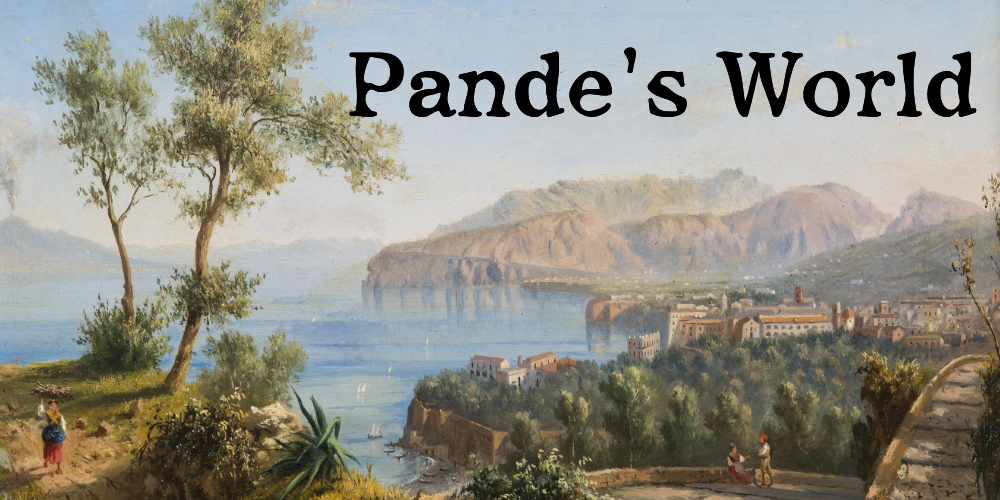Ludi Memorialis
"Hmmm, what does this say...? 'Come and enjoy the Ludi Memorialis of Tiberia Rosatia! Gladiators! Chariot racing! Beast fights! Free to enter and with generous odds for all wagers! Celebrate the life of Ormsage's most beloved benefactor!'... Ha, Ormsage's most bribeable councillor more like."Imperial tradition has long been that when a wealthy individual dies, the family puts on a series of games to honour the deceased. The event has three main purposes: To raise the profile of the deceased and encourage good entries in their Memoria Mortuorum
To give appropriate devotions to the gods
To encourage gambling, and the resultant profits for the bookmakers
Whilst the first option is the most commonly accepted official reason, and the second is the one accepted by the temples, it is the latter that is the prime reason. Most bookmakers have connections with the nobility and local land-owners, and will fund the games and offer payments to the families of the deceased, knowing that commoners will spend lavishly on wagers.
History
How the tradition of the games started is not known, and there is some evidence to suggest that the practice pre-dates the foundation of the Empire and is linked to similar events that occurred during the rule of the Usurpers. Such early practices were largely restricted to foot races or tests of skill and strength, done to honour the deceased.
It became an important, yet informal, part of Imperial traditions once the major settlements of the early empire began to construct buildings for the specific purpose of public entertainment, and enterprising individuals realised money could be made from betting on the success (or failure) of competitors.
Whilst Belyos has been the centre-point for games and events in the Empire, most settlements will have some space put aside for recreation; stadia and arenas in the larger towns and cities, but dedicated open spaces for the smaller ones. Ludi Memorialis are often the only major use for such spaces, and are hugely popular with the common masses.
Execution
In smaller settlements, the games are little more than a few foot races, some tests of strength and skill, and if the deceased family is particularly wealthy for the area, then some relatively famous gladiators may be hired for a showpiece fight. If the region has such things, then horse races might also be a part of the event.
In larger settlements, the main event is almost always a horse or chariot race with a dozen or so competitors, and a gladiator fight with the guarantee of at least one serious injury or death. The name of the deceased is prominently displayed and referenced often and, for the seriously wealthy, pictures and busts will be liberally placed around the arena and settlement.
As befitting the Empire's largest and most important city, Belyos has more wealthy, with more wealth to spend, and as such the Ludi Memoralis are bigger and more impressive. For the richest and most influential, the games can last for several days, with many events spread across the city; it can be almost a competition of one-upmanship, as rich families seek to outdo each other in extravagance. As the number of people in the city is large, it is a rare month indeed that there are no Ludi Memoralis on.
Remove these ads. Join the Worldbuilders Guild




Comments